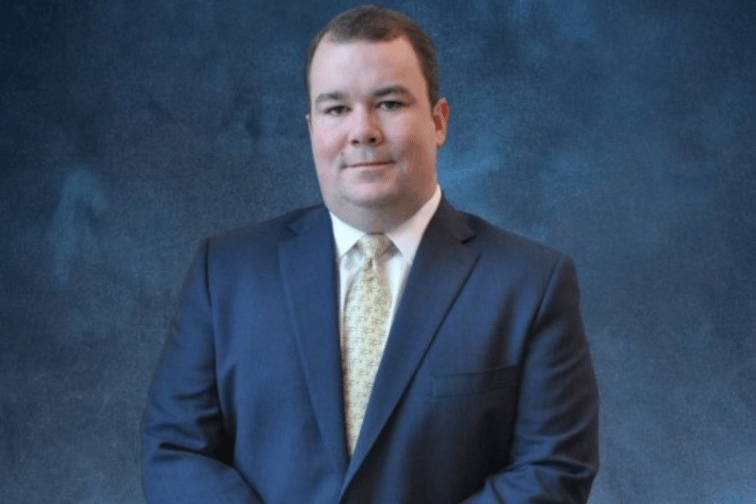

Economic factors such as inflation and the hardening market for property and excess insurance present “temporary” concerns for corporate risk managers, but the profession at large faces a more pressing challenge: a talent crunch.
“For risk management departments like mine, and for the insurance and risk transfer industry as a whole, there is a bit of an age gap,” said Patrick O’Connor (pictured), vice president of risk management & counsel at The Walsh Group.
“We’re seeing a lot of talent starting to retire and leave the marketplace, but there’s a scarcity in people in the younger generations to take over.
“There are certainly very talented individuals among them but finding competent people who understand how risk transfer works is an issue for companies.”
O’Connor oversees The Walsh Group’s risk management department, managing property & casualty, surety, contract underwriting, and claims management across the global construction firm. Five years ago, he spoke to Insurance Business about what risk management means for him.
Today that philosophy still rings true: risk management not only entails mitigating financial risk, but protecting property, people, and communities in the construction industry.
“The scale of our organization has grown a little bit, but I think that those are still the fundamentals,” the Walsh Group VP said.
“My department and I have spent a lot of time making sure that we’re in front of the bidding operations so that we can ensure that we’re able to provide useful input from the inception of a project till it’s final completion, to aid in decision-making and provide counsel around the organization’s risk.”
The journey to risk management has been a circuitous one for O’Connor, who joined the legal department of The Walsh Group more than 15 years ago. Though he originally had romantic notions to pursue a career in law, he said risk management isn’t as far off from where he began.
“I went to law school to be a trial lawyer – I thought that was the big, interesting thing,” O’Connor said.
“During a meeting with a solicitor general, I told them, ‘Hey, you do what I want to do.’ And he said, ‘don’t plan your career too much, just try to be useful.’ It was like the Bruce Lee idea that if you become like water, you’ll find your way.”
O’Connor believes the same journey could apply to countless other people with transferable skills. Insurance and risk management can develop new talent from sectors such as financial services or data science, which hone similar proficiencies.
“In the law, your entire job is just to read, understand and be able to give advice to your clients. Being in risk management is not much different,” he said.
“Insurance doesn’t sound like it’s going to be the most interesting career, and it’s going to be a little dense. But if you’re sharp and able to understand complex things, this is an area where your usefulness will be unending.”
Out of all the victories and successes in his career, O’Connor is most proud of his colleagues in The Walsh Group’s risk management department.
“I’ve really enjoyed the people that we’ve been involved with and watching them succeed, garner knowledge and capabilities that they didn’t have before,” he said.
“Many of them have developed, and some have moved on to work in the insurance industry or elsewhere. But that’s been the most rewarding part, and that’s what I’m most proud of.”
Helping a colleague overcome a crippling fear of public speaking is a memorable highlight for O’Connor. He said he helped her prepare for presentations and gave her enough exposure to beat her anxiety, and now, not only is she regularly speaking in public, but she’s lauded for her ability to present.
“Risk management is an interesting and complicated area of business, and I’ve seen a lot of people in my department go from being a neophyte to an expert in their particular areas,” O’Connor said. “It’s been fun to watch and participate in that.”
At the end of the day, the collaboration and interaction between people is what O’Connor loves most about risk management interesting.
“It’s about taking a situation and get multiple opinions on it, synthesizing that information, and finding the best path forward,” he said.
Do you have any thoughts about this story? Share them below.
